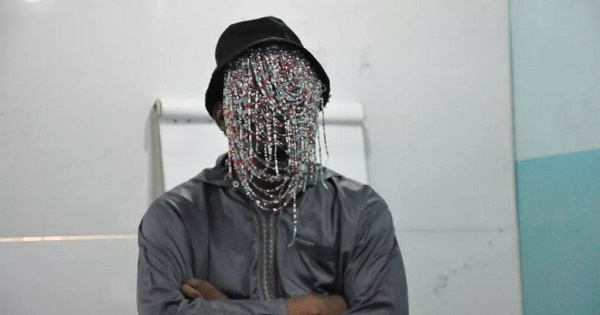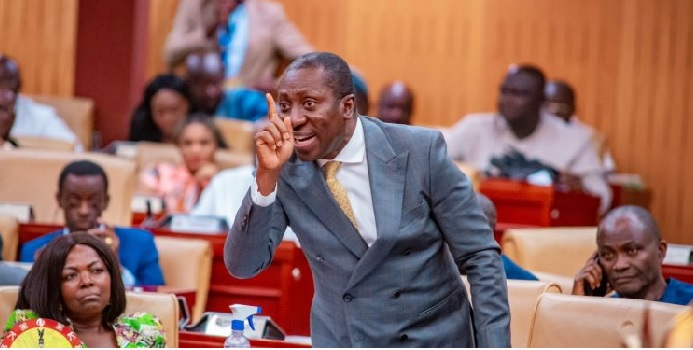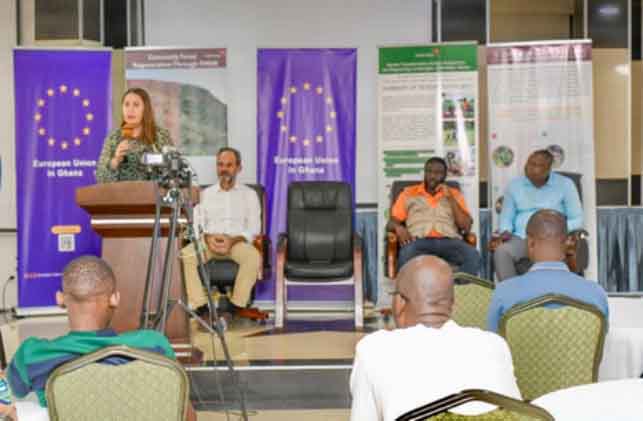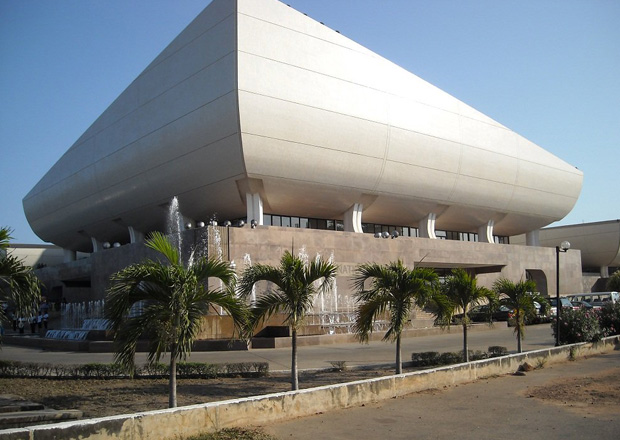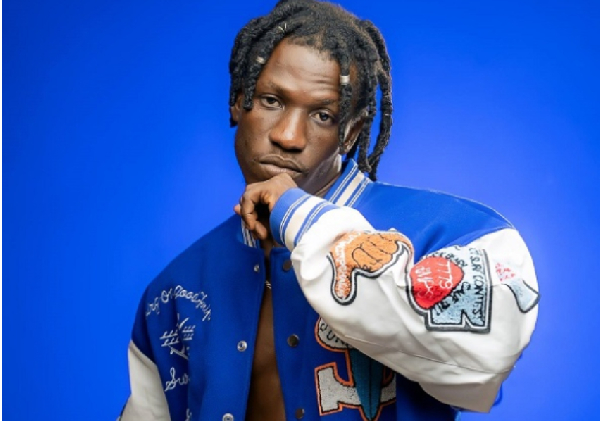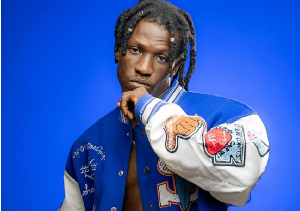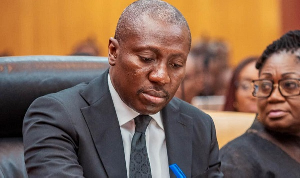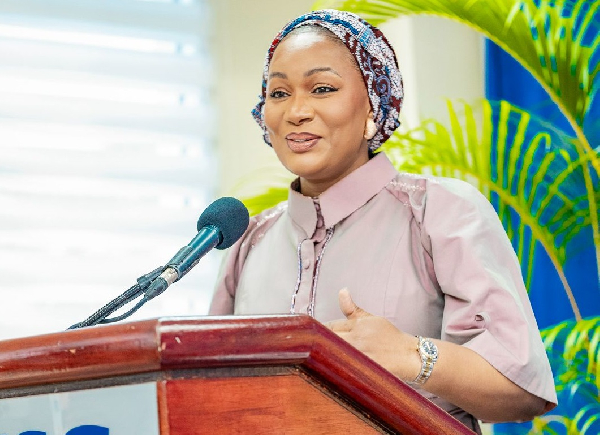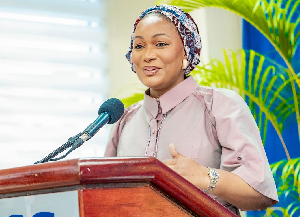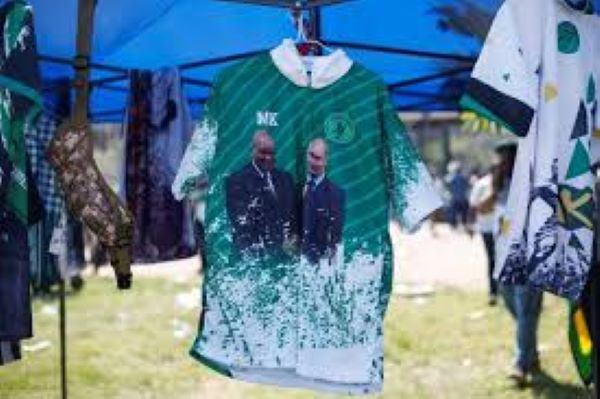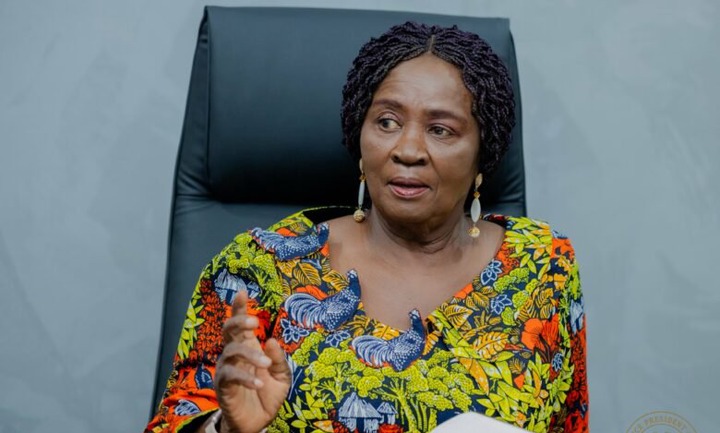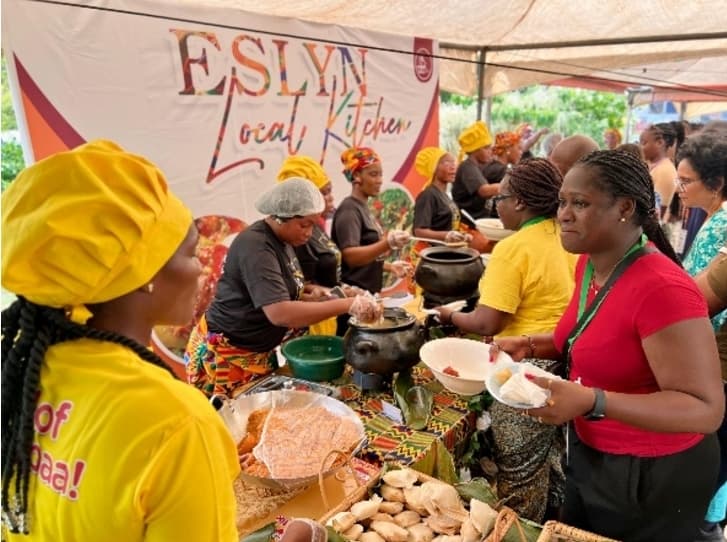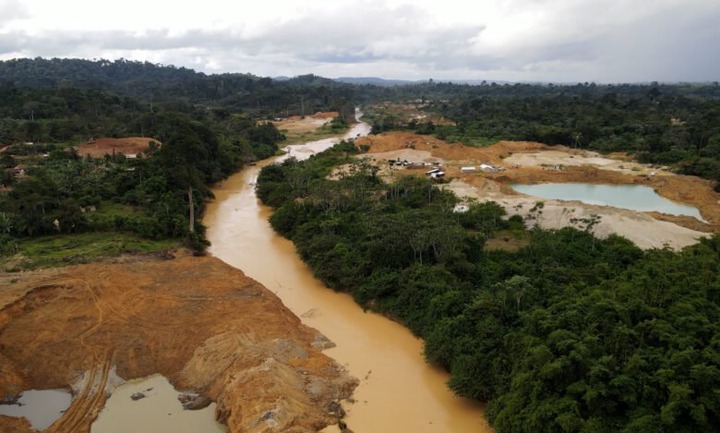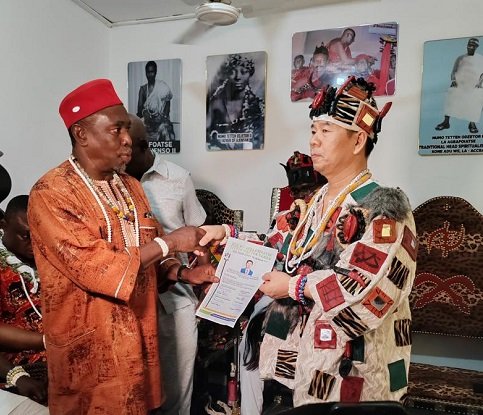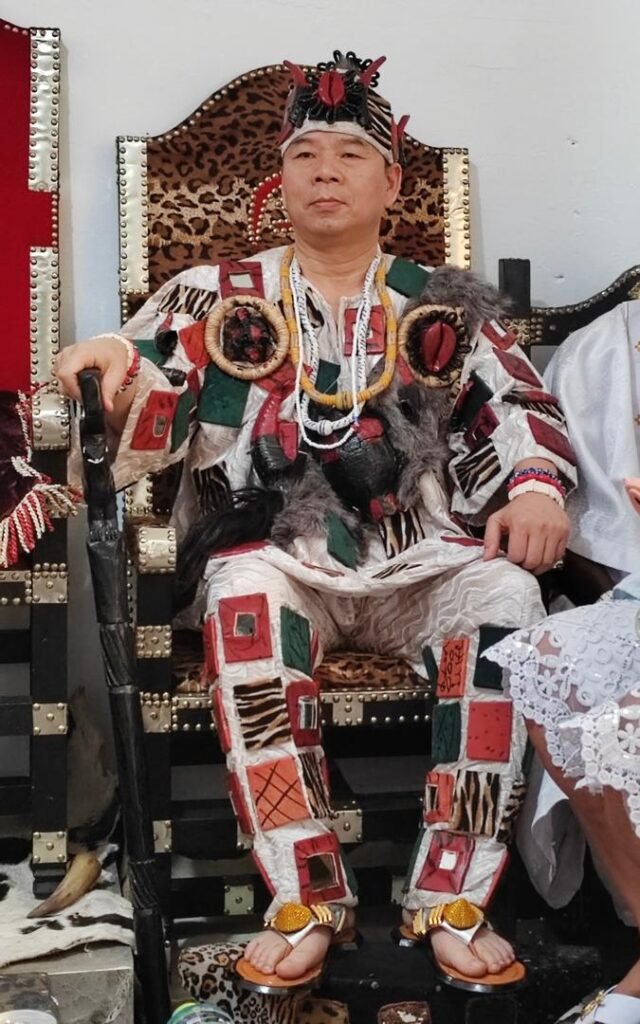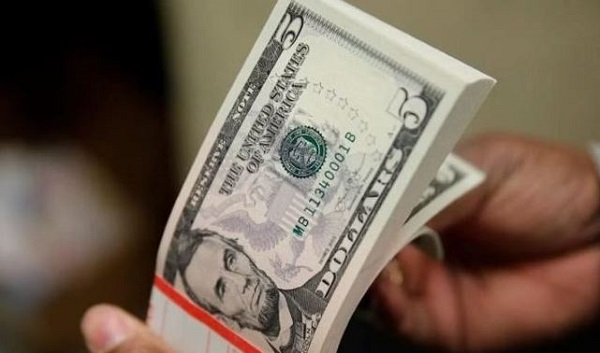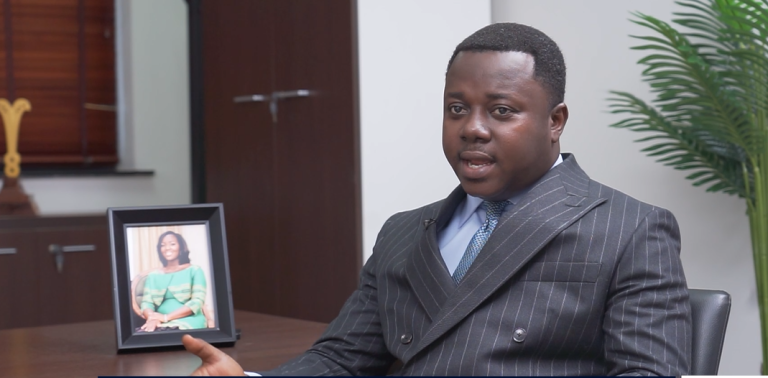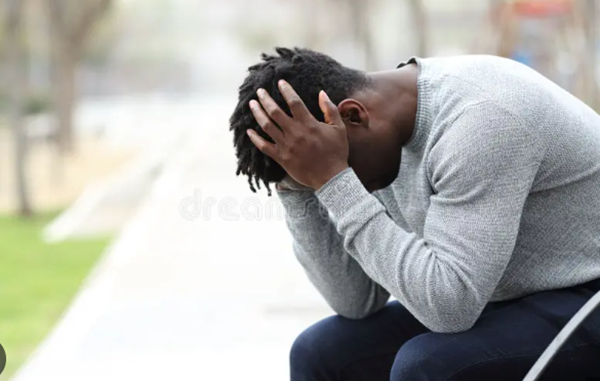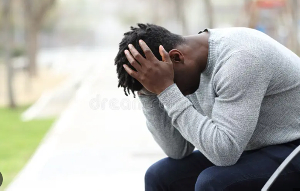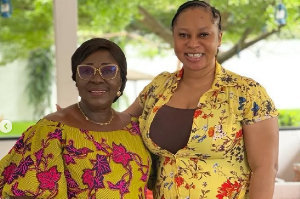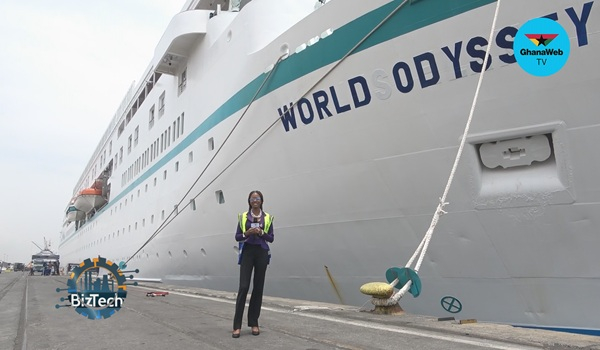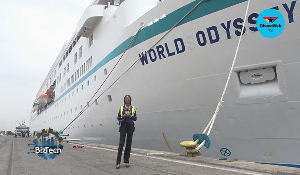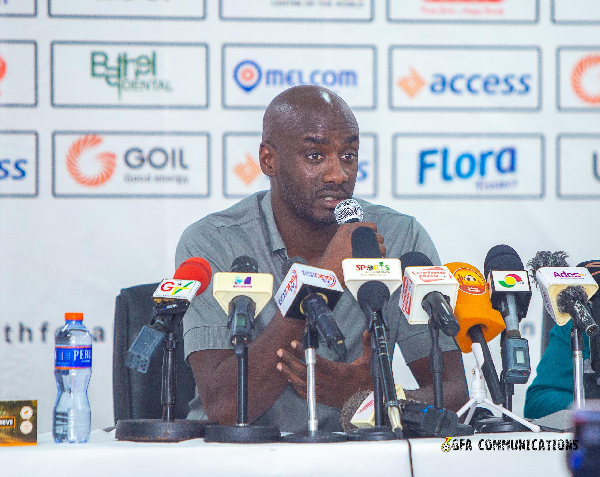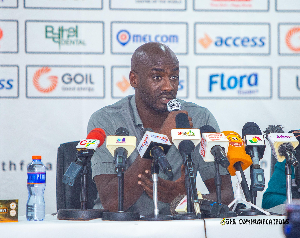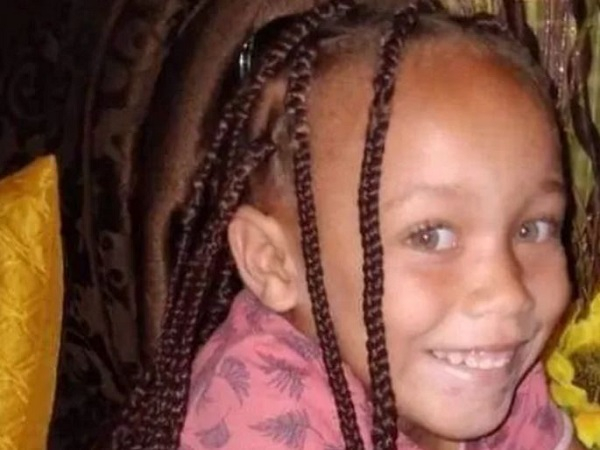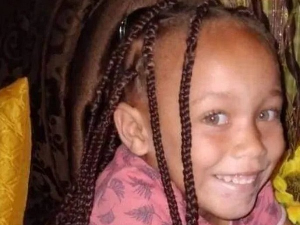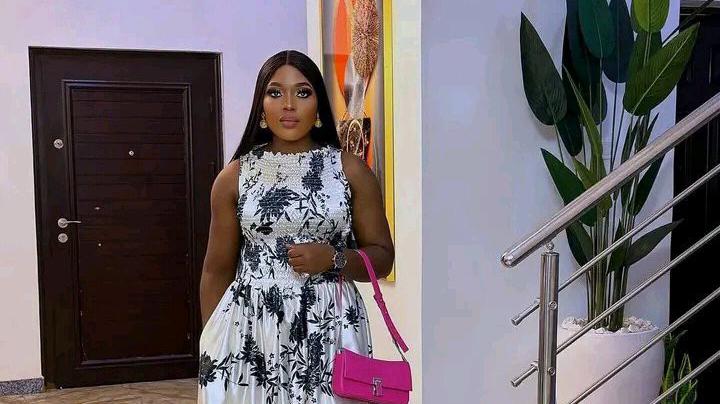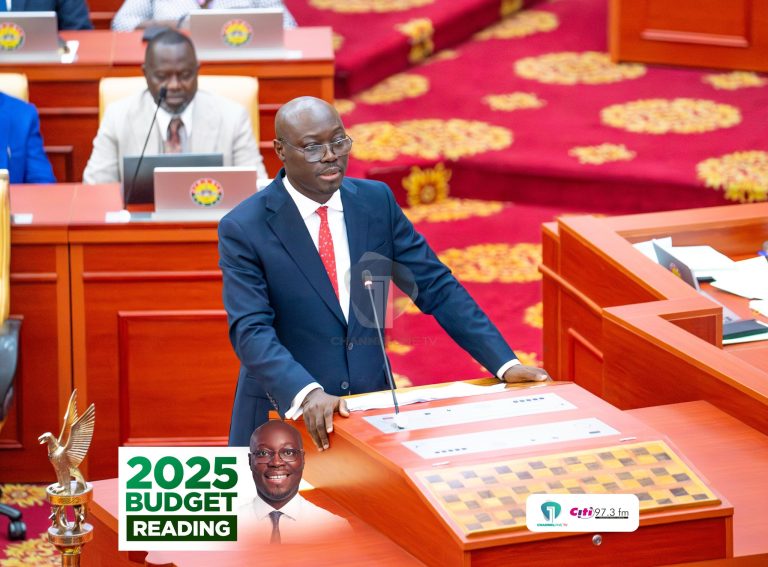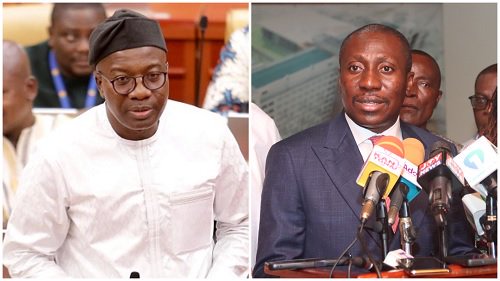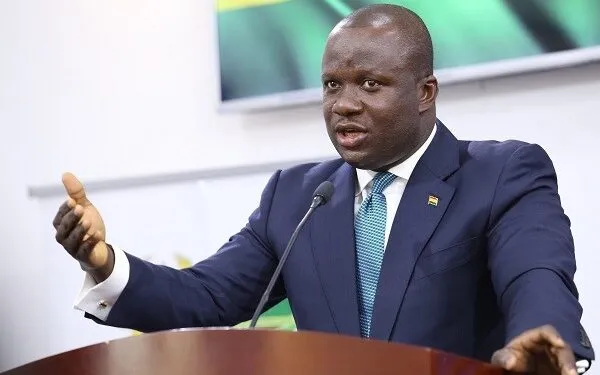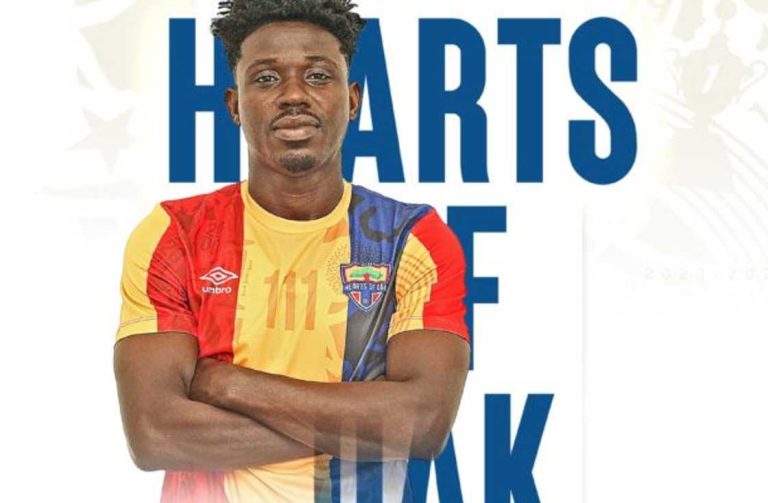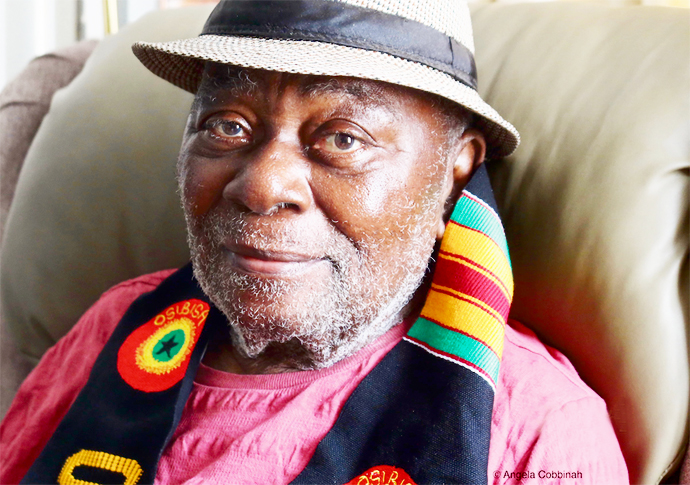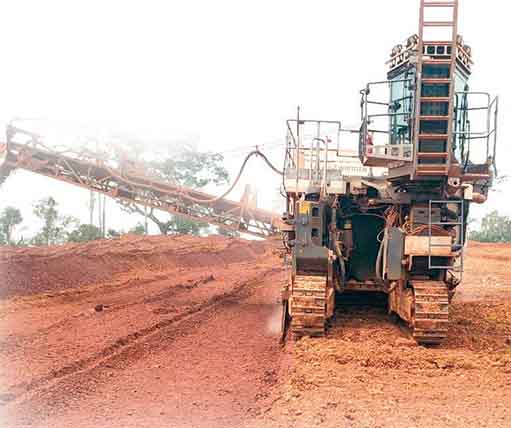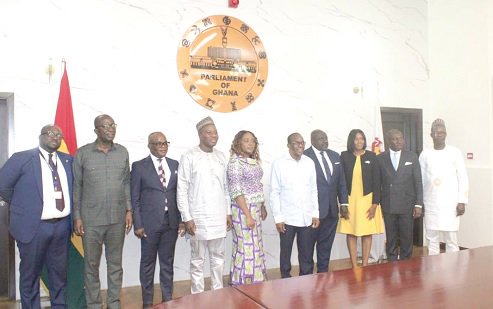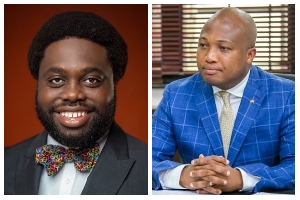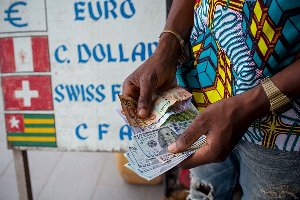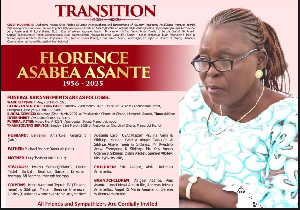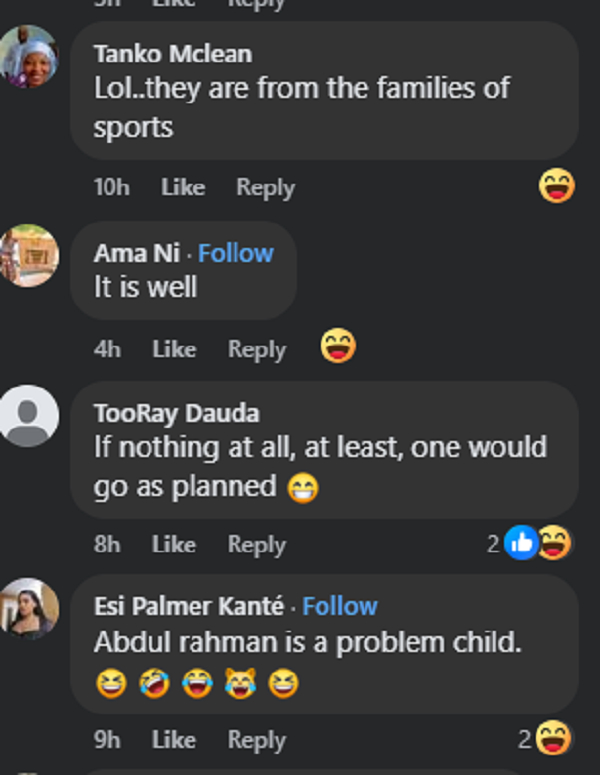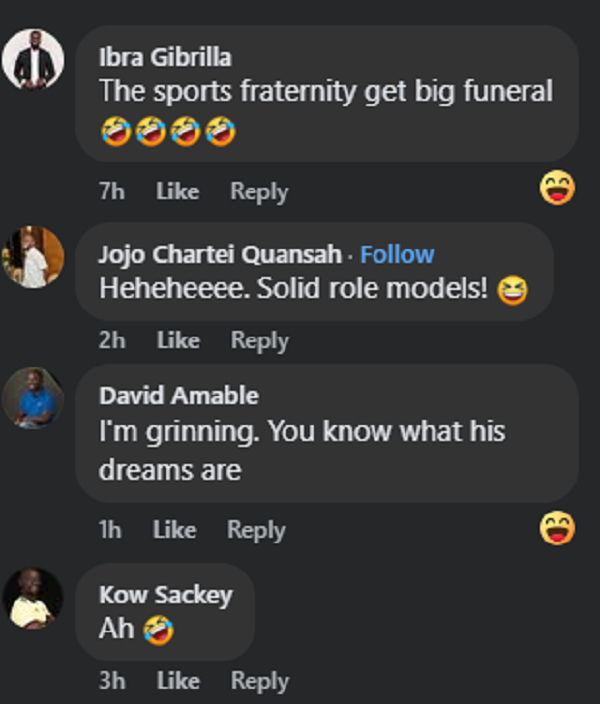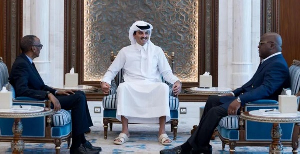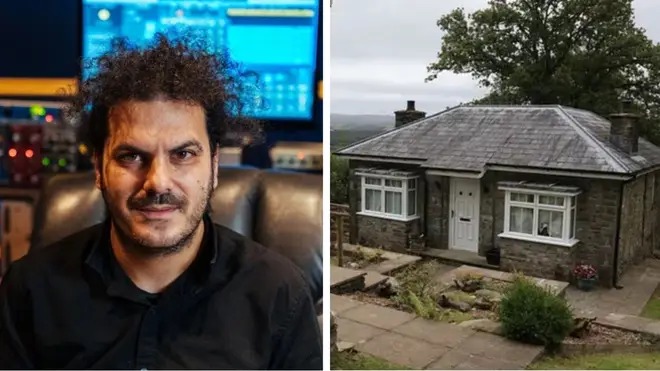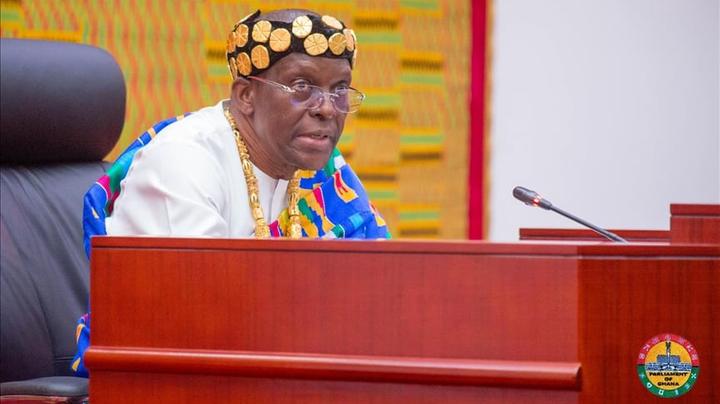In 1986, Sue Dobson, a young white woman from Pretoria, was recruited by the African National Congress (ANC) to be a spy within the South African apartheid regime.
As part of her mission, she was flown to Moscow for specialist training.
“It was a very intensive training course,” said Dobson, who is now retired and lives in England. “[It] covered how to pick up surveillance, things like secret writing, photography, strategies for being out and about. There were several street exercises where I would go out and I’d have to identify six or eight people who were following me, either on foot or in a car, a tram or in a train carriage, anything like that.”
She did not have much free time, but managed to spend a few days in Leningrad, now named St Petersburg.
“It must have been winter 1986 and everything was snow-covered,” she remembered. “It was absolutely beautiful.”
When she returned to South Africa the following year, she was hired as a reporter in the Bureau of Information, the apartheid regime’s propaganda wing. The job gave her access to ministers and other high-profile information. But in 1989, the authorities discovered her family’s connections to the ANC and her cover was blown.
“I was told to stay where I was and that I would be accompanied back to Pretoria in a plane with somebody from Foreign Affairs, which was a euphemism for the intelligence department, and I decided that I wasn’t going to hang around,” said Dobson, whose memoir is titled Burned: The Spy South Africa Never Caught.
“The game was up, and I made my escape during the night … I had to make my way to Botswana, and the Soviet diplomats there helped me and put me on a plane to the UK.”
Dobson said she did not know enough about the “nuances and the subtleties of the situation” to comment on Russia’s current full-scale invasion of Ukraine.
While Western powers have largely condemned modern Russia’s onslaught on its neighbour, sympathy for the Kremlin has come from a perhaps unexpected quarter: Africa.
Only half of African governments condemned Russia at the United Nations in 2022, the year Russian President Vladimir Putin launched the war.
Experts say that this trend lies in Moscow’s historic championing of anti-imperialist causes.
Russia’s pushback against Western influence in Africa dates back to the 19th century. While other European powers plundered and divided the continent during the Scramble for Africa, the Russian Empire took the side of their fellow Orthodox Christians in Ethiopia in the 1895-96 Italo-Ethiopian war, providing weapons and other support.
However, according to Oleksandr Polianichev, a Ukrainian historian of the Russian Empire, Russian involvement has been greatly exaggerated.
“Much of this narrative traces back to Nikolai Leontiev, a Russian adventurer who arrived in Ethiopia in early 1895 and bluffed his way into the inner circle of [Ethiopian Emperor] Menelik II,” Polianichev told Al Jazeera.
“In his account of the Ethiopian resistance to Italy, Leontiev lavishly described the crucial role he claimed to have played on the battlefield, portraying himself as one of the architects of the victory at the Battle of Adwa. This was, however, a self-serving fiction.”
Leontiev is often credited with delivering a shipment of weapons and ammunition that helped Ethiopia repel the Italian colonists.
“While the Russian government did indeed send these weapons upon Leontiev’s request – old Berdan rifles no longer needed by the Russian army, which was adopting the new Mosin rifles – they never reached Ethiopia in time,” Polianichev added. “The steamship transporting them was detained by the Italians, and the shipment did not arrive in Ethiopia until after the war had ended.”
Though Russia’s naval capabilities meant colonising Africa for themselves was never a realistic prospect, that did not stop Nikolai Ashinov, leader of a band of Cossacks, from landing on the shores of Djibouti in 1889 and proclaiming it Russian land. The French, however, had already established a colony and quickly decimated Ashinov’s settlement by bombarding it with warships.
Later, during the Cold War, the Soviets aided friendly governments in Angola, Mozambique and the Congo in conflicts against factions backed by Western powers, though not always successfully.
The USSR was also an ally of Egypt under General Gamal Abdel Nasser, offering arms deals and infrastructure assistance.
“The Soviet Union had ideological and practical motives for supporting anti-colonial movements and decolonisation in the Global South,” explained Kimberly St Julian-Varnon, an American historian of the USSR.
“On one hand, it was fighting the United States and Western Europe to show that socialism offered the best form of society and government. Soviet-style socialism was to be a blueprint for creating the economies and governments of new states following the end of empire.
“On the other hand, the Soviet Union benefitted from trade agreements that bolstered its export of goods to allied countries and gave the USSR a range of natural resources from the Global South that it imported well below market prices. Soviet infrastructure projects in Africa were mutually beneficial in that the Soviet Union would be repaid in kind by the recipient state.”
As part of its outreach to African nations, the Patrice Lumumba University, named after the Congolese leader, was opened in Moscow, where from the 1960s around 500 scholarships were granted annually to African students.
But some said they experienced racism. In 1963, Edmund Assare-Addo, a Ghanaian student, was reportedly beaten to death over an alleged interracial relationship, prompting a rare protest on Red Square.
“This was a glaring contradiction to the Soviet propaganda in their home countries, which promoted the country as the antithesis of European colonial powers,” said St Julian-Varnon.
“Occasionally, reports about racism in the Soviet Union made it to Western media and undermined Soviet attacks on American anti-Black racism. Still, African students continued to study in the Soviet Union and Russian Federation despite the racism because of the opportunities they believed such an education offered.”
While apartheid propaganda portrayed the USSR as coveting South Africa’s resources, the Soviets supported the ANC and its armed wing, uMkhonto weSizwe (MK), since the 1960s, arming and training operatives such as Sue Dobson.
“Certainly, I think that the ANC would not forget the role that the Soviet Union played in enabling the ANC to come to power,” Dobson said.
“I think that it’s something that is quite respected and honoured. There are significant historical ties between the ANC and the USSR, going right back to the very first members of the ANC who visited Moscow very early on and took a leaf out of the Bolsheviks’ book regarding revolution and the liberation movement.”
The ANC is currently South Africa’s ruling party, and while maintaining a neutral stance, the government has avoided condemning Russia outright, perhaps reflecting lingering sympathies as many senior ANC members either trained or studied in the USSR, which Russia is seen as the successor state of.
More overt pro-Russian support is visible at the grassroots level.
In February, a small rally of South African Ukrainians in Durban was interrupted by counterprotesters waving Russian flags and playing the meme song Sigma Boy, a viral pop hit written by a Russian composer.
Russian flags are not an unfamiliar sight elsewhere on the continent.
Moscow has forgiven the debts of several African countries, and provided boots on the ground to address security concerns in countries such as Mali and the Central African Republic, where local leaders have welcomed the support despite allegations of atrocities by Russian mercenaries.
“The appeal of Russia’s ‘anti-colonial’ narrative lies in its usefulness to societies and ruling elites across Eurasia and beyond, who are willing to accept or even embrace it as long as it aligns with their own political sensibilities,” said historian Polianichev.
“It is not taken for granted because Russia was truly ‘anti-imperialist’ in the past, but because it actively opposes the West in the present. Should the political climate shift, the skeletons in Russia’s closet will be just as easily brought to light.”
